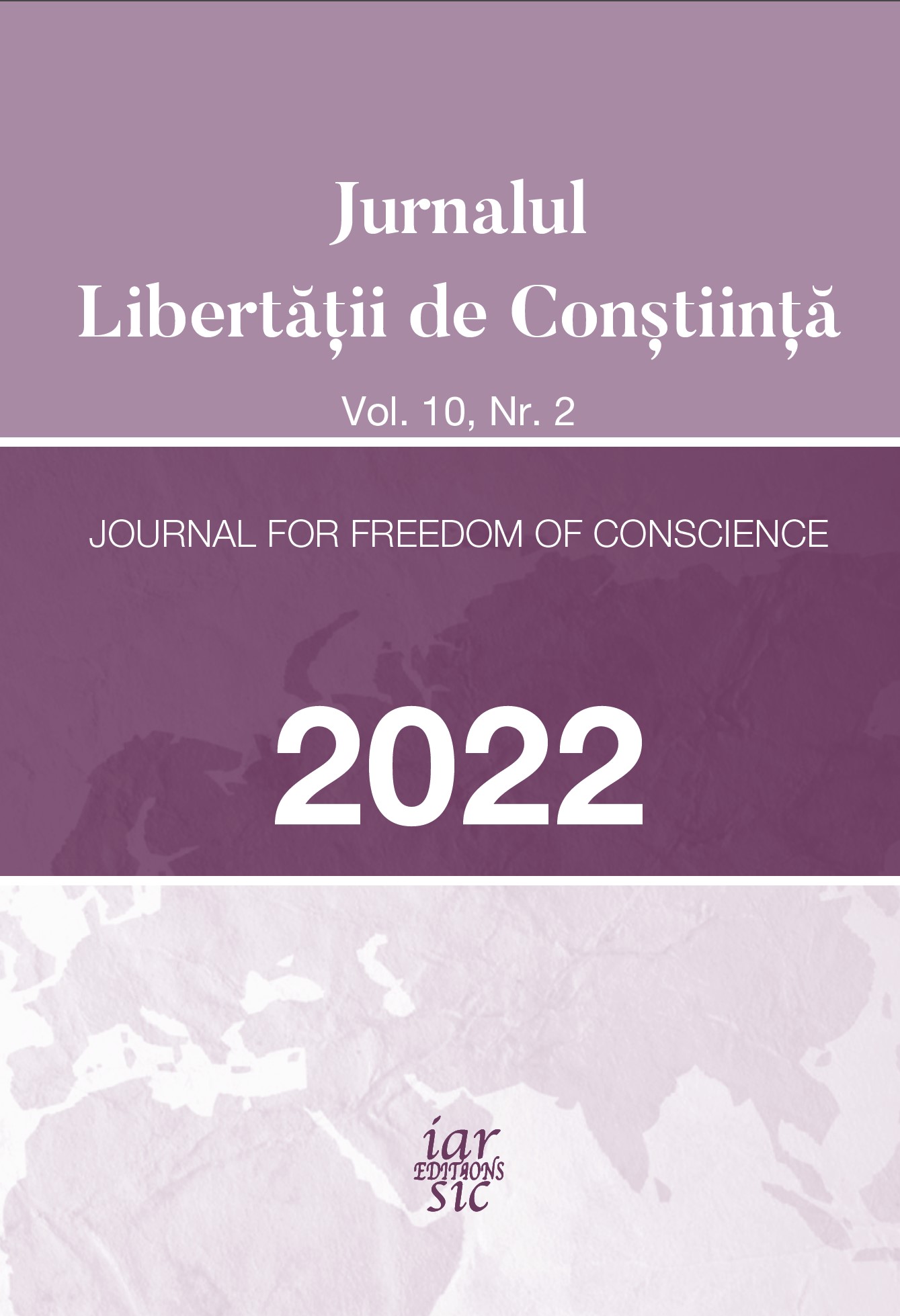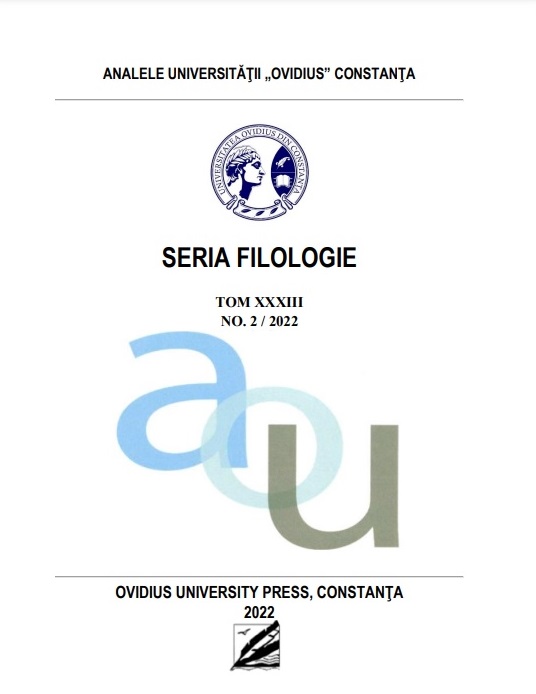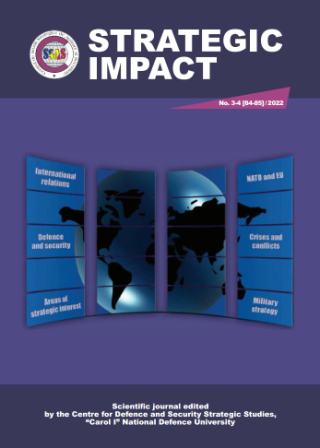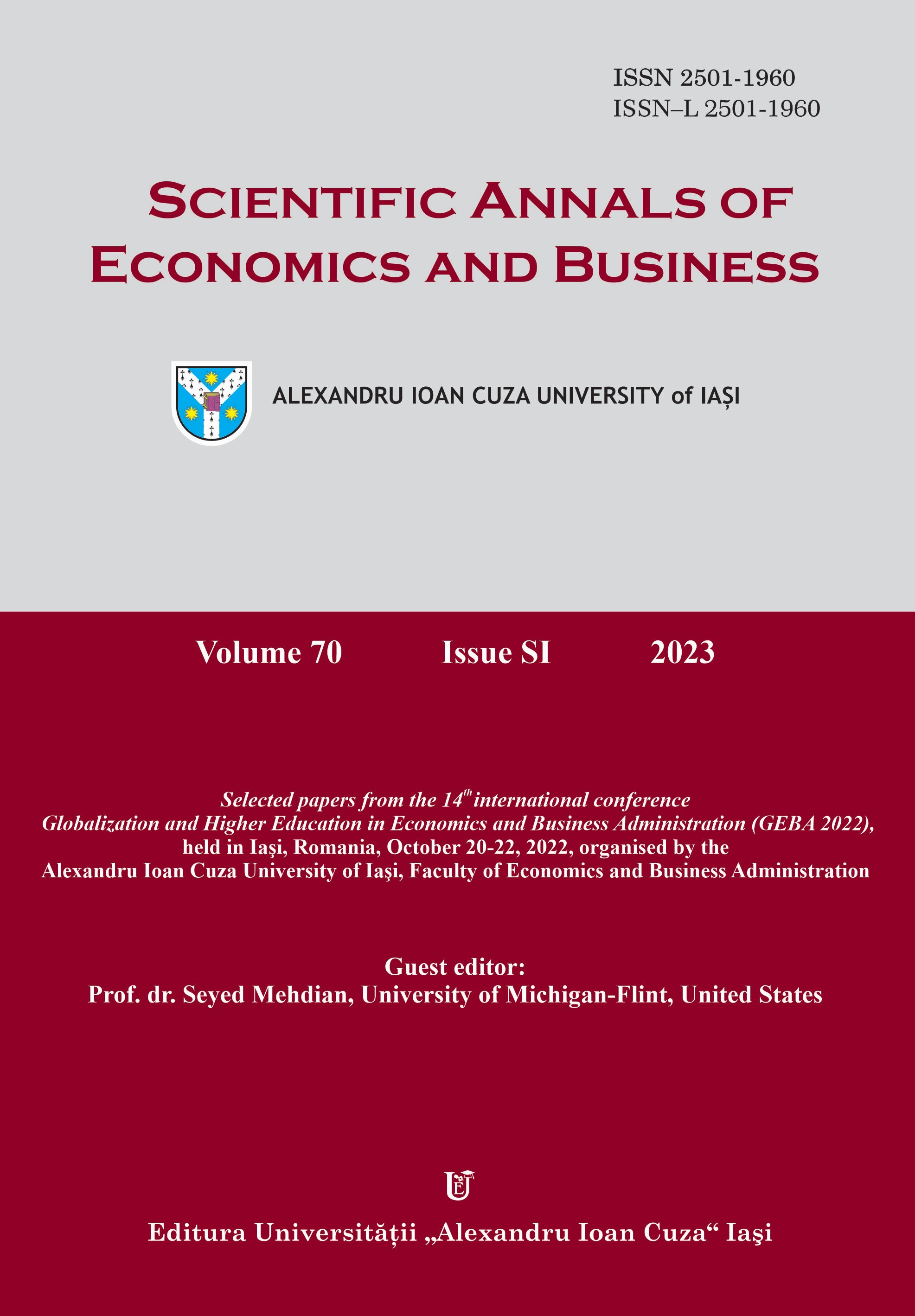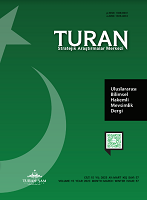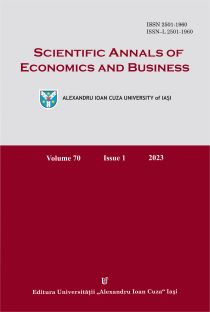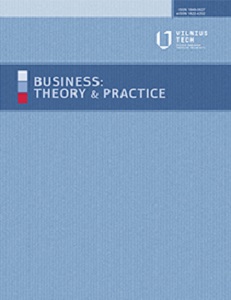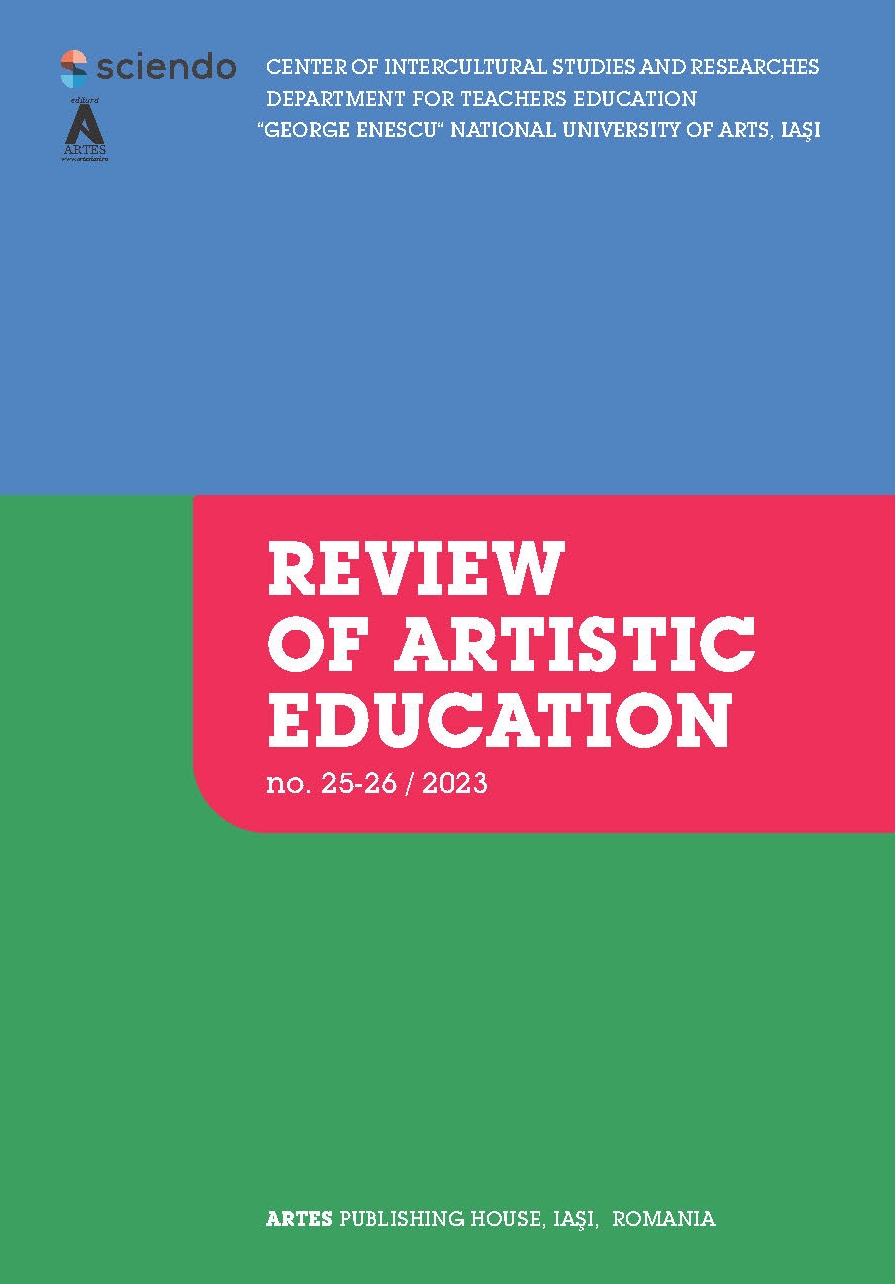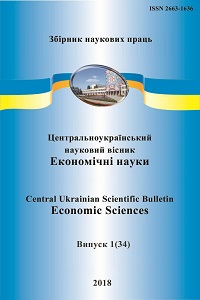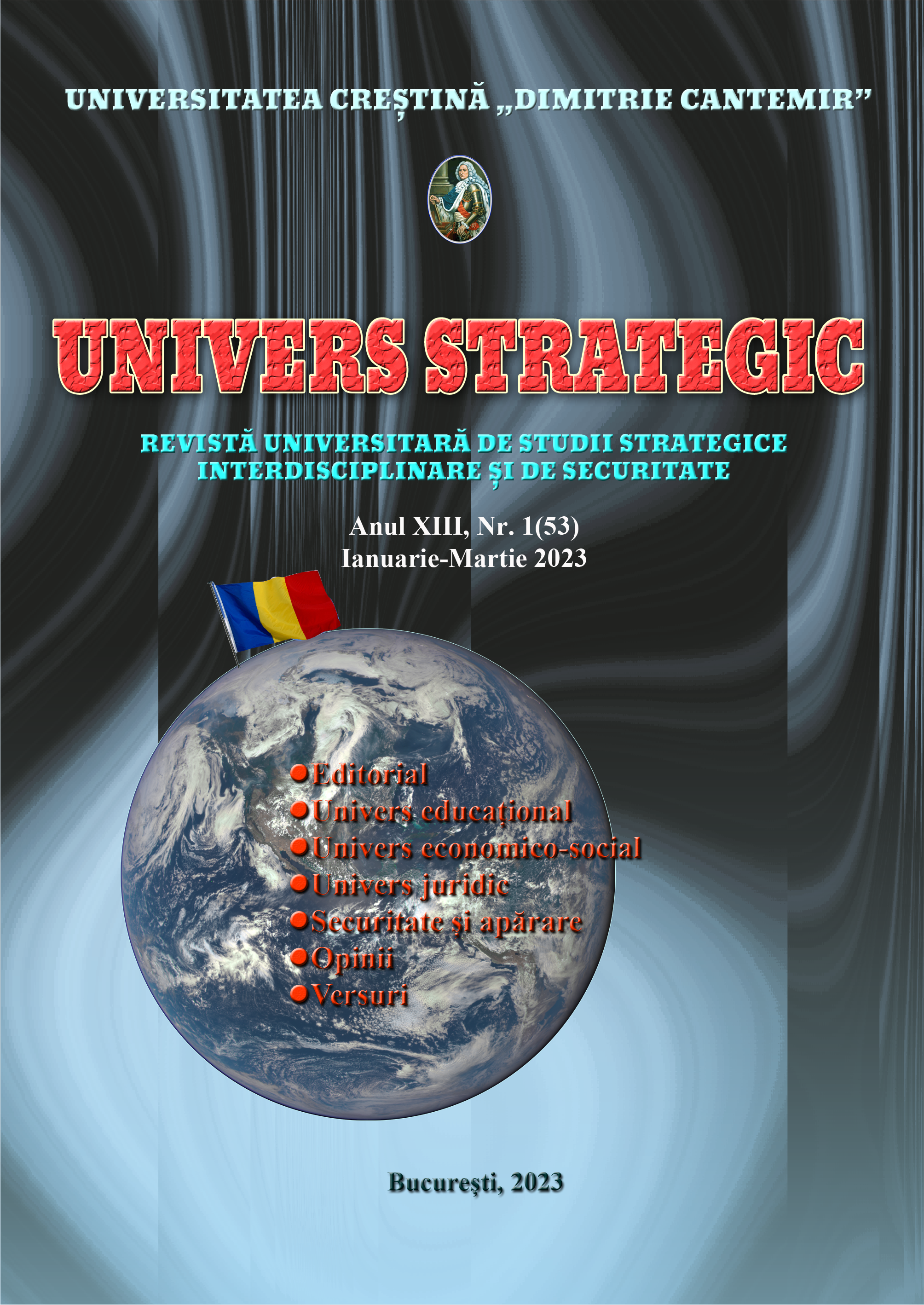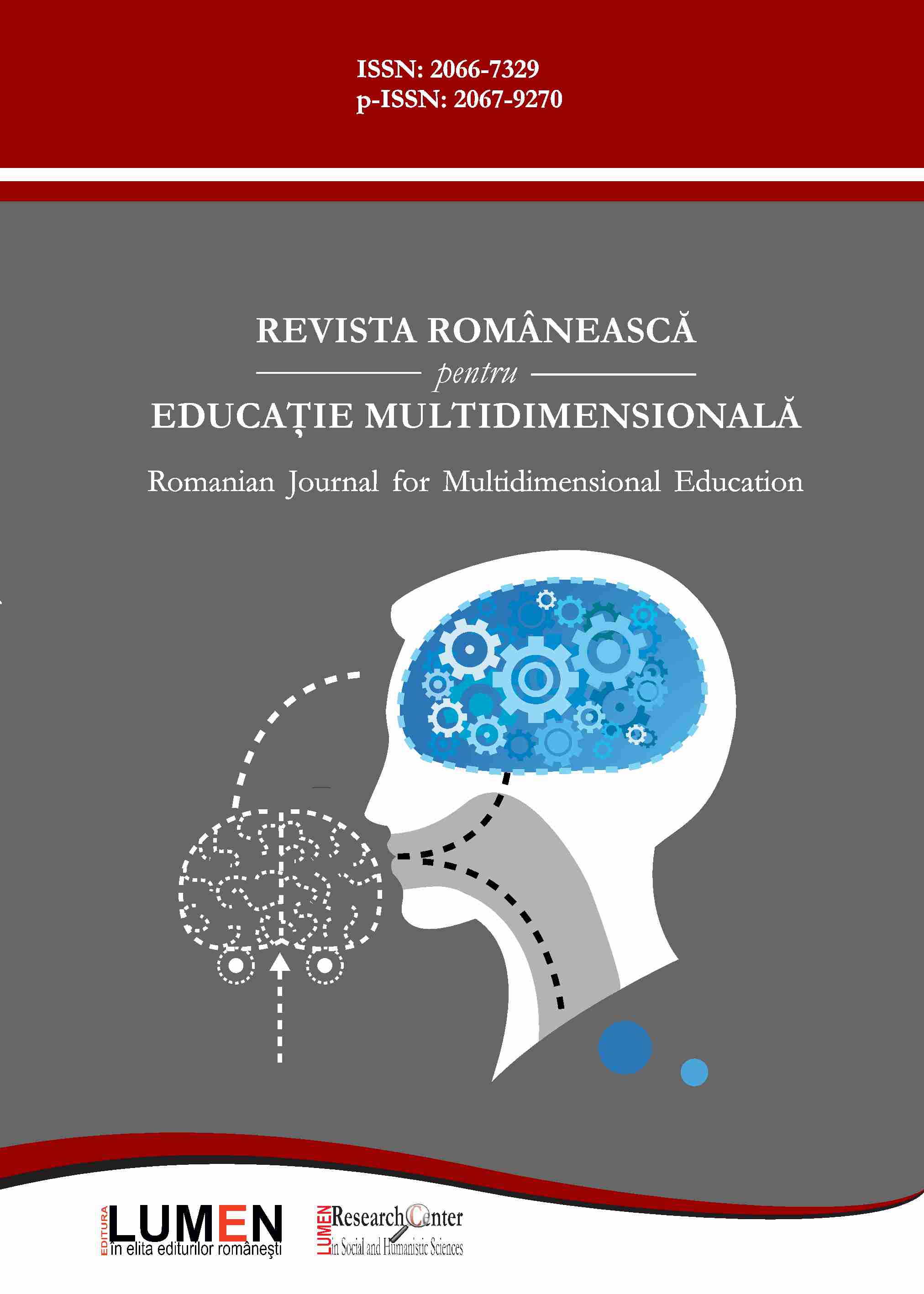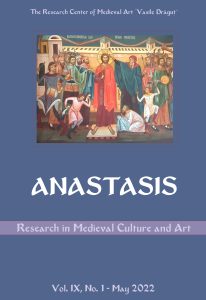Author(s): Tetiana Zaporozhchenko,Tamara Turchyn,Serhii Marchuk,Petro Boichuk,Viktor Shakotko,Yuliia Barulina / Language(s): English
Issue: 4/2022
In the article, the authors substantiate the approach to educational innovations as different types of resources - human and technological. Moreover, the concept of “innovation” is understood by the authors in a broad sense: these are objects, phenomena and trends that emerged recently, experienced unexpected development or require urgent changes. The authors discuss the role of human non-technogenic innovation resources and their prospects in personal and organizational-methodological meaning. The purpose of the article is to outline the prospects for the development of an innovative personality for future teachers and demonstrate them some zones of potential occurrence of innovations. The relevance of the study is due to the fact that the educational technologies gradually drive out the teacher from the main role which threatens education, that has always been anthropomorphic, rather than technocentric. Methods. During the study, philosophical metaphysical methods were used, in particular the method of “monologic debate”, reflection on global trends in education. From more specific methods, an analysis of educational processes, generalization and modelling of possible educational consequences were used. This made it possible to outline possible directions of personal innovative growth of the teacher in the context of global changes (presented in Table 1). The result of the article. The authors also investigated Ukrainian and foreign scientific literature on the topic and evaluated it from the point of view of pragmatics and axiology. They also proved a thesis about the new ontological essence of educational and teacher innovation: the change of social and educational environments, the development of electronic technologies force to modify not so much the environment as the professional self-identification of the teacher, the specifics of their resources, professional and ontological “self”. Now the institutional resource support has become less important for the teacher, and the subjectivity comes to the fore, which actively uses innovative resources and is the source thereof. The international significance of the article is explained by the global crisis of the educational values, substitution of the anthropomorphic image of education with hi-tech, which should attract the attention of all civilized humanity.
More...
